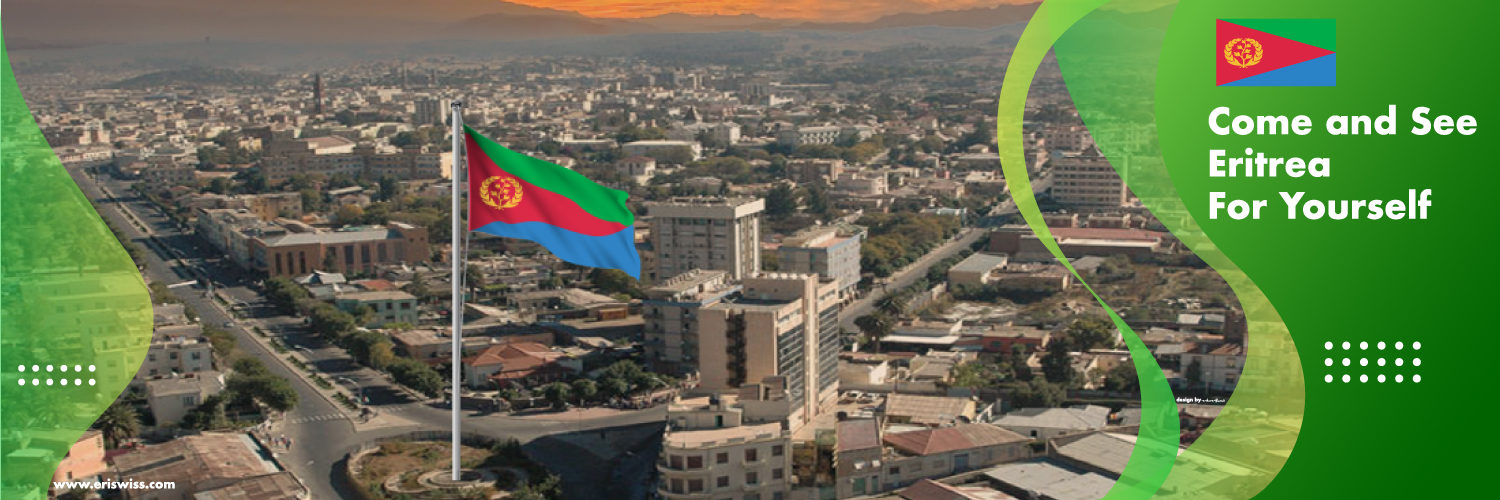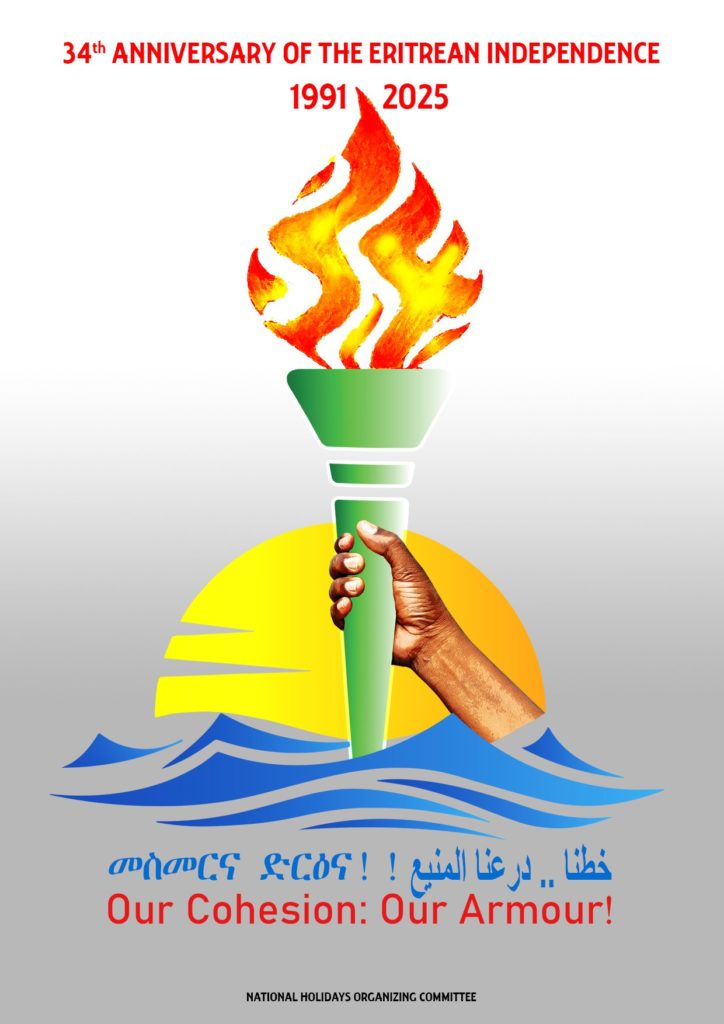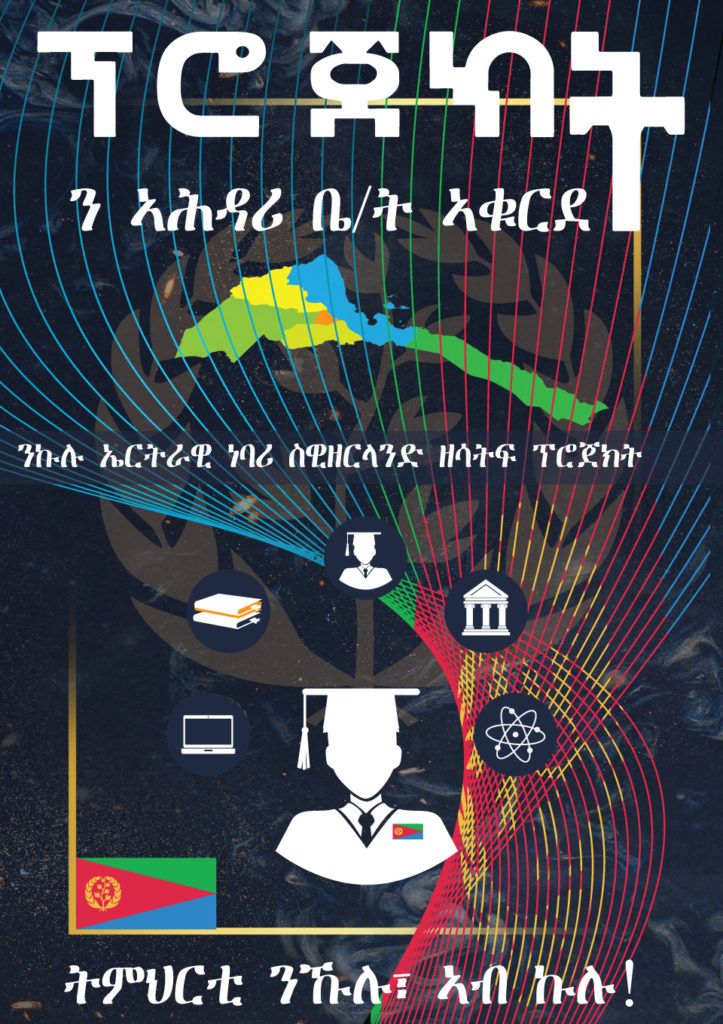Opening statement of Mr. Habtom Zerai, Head of Delegation of the State of Eritrea to 46th Session of the Working Group on Universal Periodic Review 6 May 2024
[ad_1]
Mr. President,
Excellencies,
Distinguished Delegates
Ladies and Gentlemen,
Good afternoon,
It is an honor and privilege to represent the State of Eritrea at the 46th Meeting of the Working Group on Universal Periodic Review.As a representative of Eritrea in Geneva and as head of this delegation, it gives me immense pleasure to warmly welcome you all to this review.
We consider the UPR Review as a truly unique, constructive, and cooperative mechanism. Our experiences from previous reviews are nothing but positive. The UPR’s importance lies not only in terms of content but also in the aspects of process. The recommendations received in the past three UPR reviews have been valuable in our efforts to build a better and more just society in Eritrea. We believe this cycle will once again provide us with a unique opportunity to reflect on our achievements and challenges since the last review.
Our third UPR review in January 2019 resulted in 261 recommendations, the vast majority of which were accepted by the Government of Eritrea. The current report describes our progress since then and towards implementing these recommendations. We have outlined them in great detail in our National Report yet, by a way of introduction we will briefly present them toyou today.
Mr. President,
The National Report is the result of the hard work and collective effort of all members of the National Coordinating Body, which is consisted of various government Ministries and institutions. Namely the Ministry of Foreign Affairs, Ministry of Justice, Ministry of Labor and Social Welfare, Ministry of Health, Ministry of Education, Ministry of Agriculture, Ministry of Finance and National Development, Ministry of Land, Water and Environment, National Union of Eritrean Women, National Forces of Police and Security, National Union of Eritrean Youth and Students, and National Associations of People with Disabilities.
A few of them are represented as part of the Eritrean delegation here today. I would like to acknowledge the presence in this hall of H.E. Ambassador Tesfamichael Gherahtu, who led many of the previous Eritrean delegations, in his capacity as the Human Rights Coordinator in the Ministry of Foreign Affairs. Other members of the delegation are, Mr. Mehretab Fessehaye, Director General of the Department of Social Welfare, in the Ministry of Labor and Social Welfare. Mr. Ibrahim Abdu, Legal Advisor in the Ministry of Foreign Affairs. Mrs. Senait Mehari, Director General of Socio-Economic Services, National Union of Eritrean Women. Ms. Nadja Michael, Senior Human Rights Office of in the Permanent Mission here in Geneva. Other agencies that are unable to attend are following the discussions through the UN webcast.

Mr. President,
Before delving into the details, it is appropriate to begin by reiterating the main guiding principles that inform our policy on human rights.
Eritrea firmly believes in the universality, indivisibility, interdependence, interrelatedness, and mutually reinforcing nature of human rights, including the right to development. Eritrea sees sustainable development as closely linked and intertwined with human rights. Sustainability is possible when everyone is empowered and no one is left behind. Eritrea has a comprehensive perspective and approach to human rights and prioritizes concrete measures to assist those historically disadvantaged and most vulnerable in society. Eritrea`s overall development strategy, therefore, is people-centered, inclusive, pro-poor and internally driven.
In closing, Eritrea has achieved a lot towards the protection of human rights over the past two decades, despite the various challenges it has faced. It is important to emphasize, that this noble objective cannot be achieved overnight. We thus see many parts of our human rights efforts as work in progress, and this work needs to continue.
We thank delegations for submitting their advance questions, which will be addressed by the delegation as part of the interactive exchanges. We now, once again, look forward to a constructive engagement with the 103 countries that have decided to engage with us here today.
Thank you.



